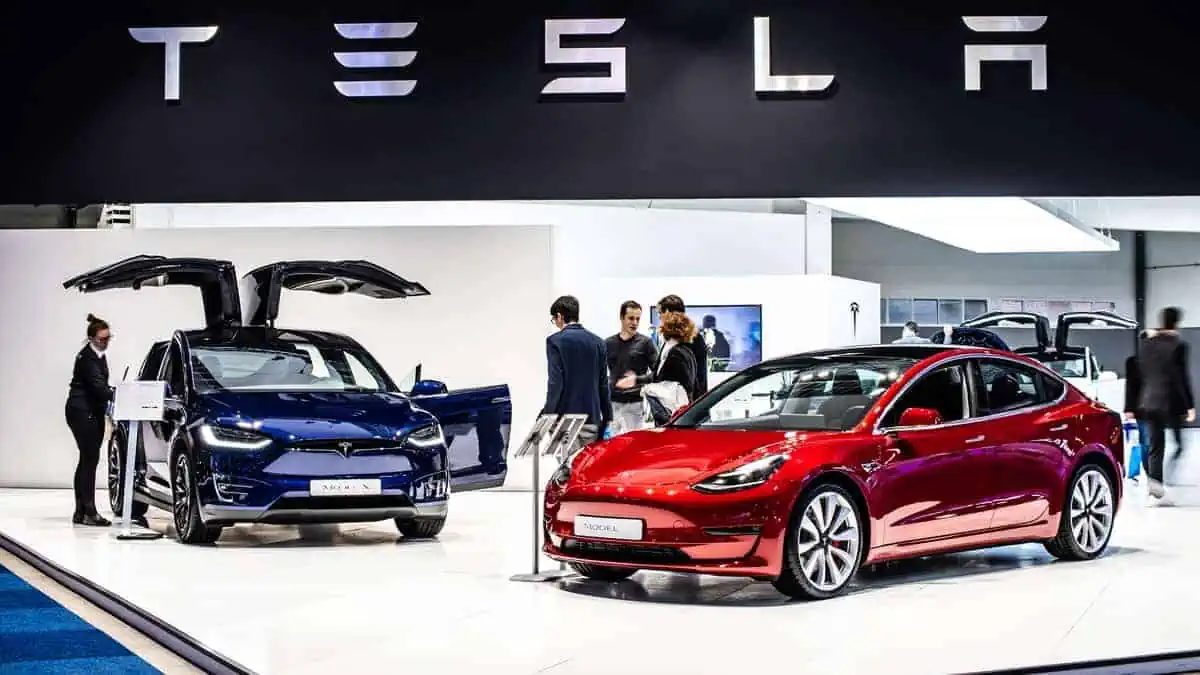Electric automakers estimate that New Zealanders save $115 million in fuel costs annually due to the government’s Clean Car Discount.
The government plans to revise the Clean Car Discount policy
However, NZME reports that the government is contemplating revising the regulation that lowers the cost of a new clean vehicle by as much as $8625. Apparently, clean car rebates are not being sufficiently covered by polluting car levies.
For those unaware, the policy offers a discount funded by levies of up to $5175 on the cost of a polluting car.
“Clean Car Discount, as I think is well known, has been going exceptionally well.
We’ve got information from Drive Electric which shows it’s been saving Kiwis $100 million in fuel over the last year because more efficient vehicles mean that people are able to drive with less fuel because it’s been very successful.”
Transport Minister Michael Wood
He further claimed that the NZ government would enhance the policy to guarantee its sustainability in the coming years.
That said, the changes to the policy are expected to be declared in the following weeks.
Effect of the Policy on New Zealand’s auto market
The average fuel efficiency of cars imported since the policy started is 12% higher than that of imports made before the policy went into effect, according to Drive Electric.
Therefore, driving 10,500 km annually on average equates to around 105 l of fuel saved per car.
Drive Electric published the analysis along with an election platform outlining the measures it wants to see implemented to promote the adoption of EVs.
Drive Electric chairman Mark Gilbert
See Also:
- Real-time info on charging stations will be available soon under the EV policy
- Abu Dhabi’s EV Battery charging infrastructure policy
- Uttar Pradesh provides road tax and registration exemptions for EV buyers for three to five years
- The 30C Tax Credit: What US businesses need to know
- California increased its incentive program for low and moderate-income buyers
The group representing EV makers, power, and other firms in the sector demanded that the government set goals and objectives for adopting all e-mobility options, such as e-bikes and commercial vehicles.
Furthermore, they urge the government to consider measures supporting mobility as a service firm and invest in new charging infrastructures






